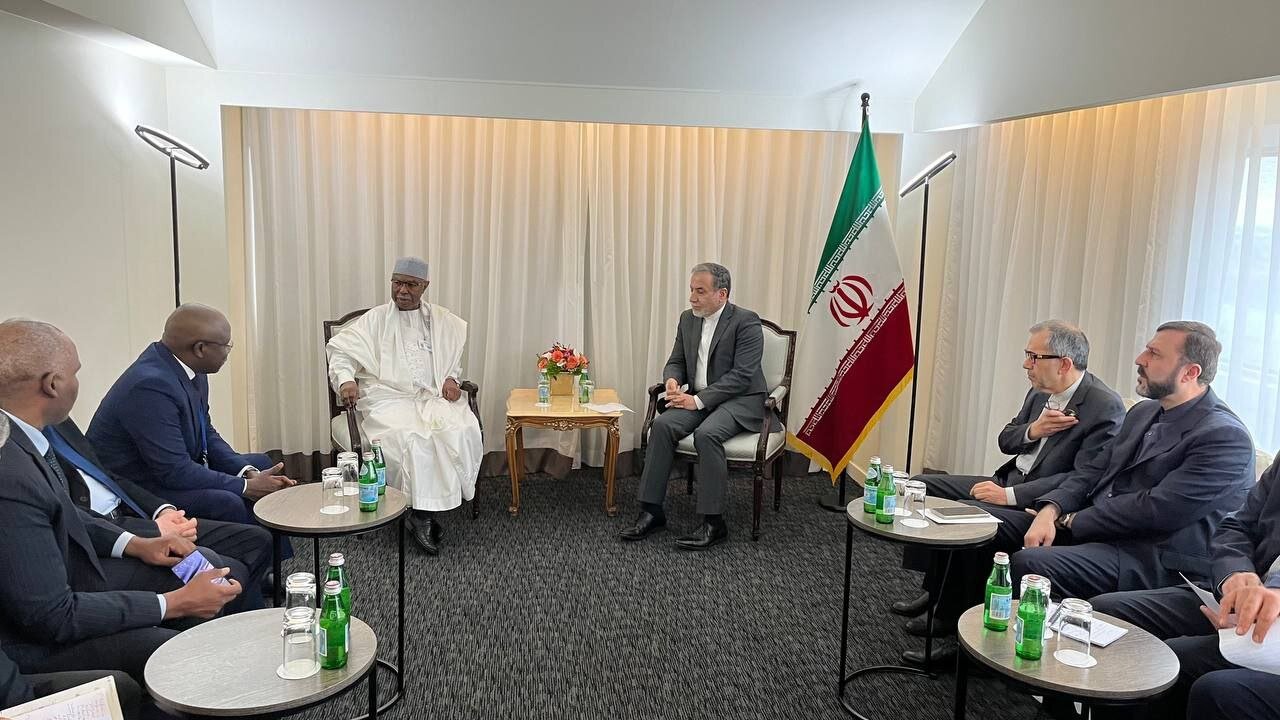Tehran calls for emergency OIC meeting to address Israeli aggression

TEHRAN – Iranian Foreign Minister Abbas Araqchi has urgently called for an extraordinary meeting of the leaders of Islamic countries in response to the ongoing crimes committed by the Zionist regime in Palestine and Lebanon.
This announcement came during a crucial meeting with Hissein Brahim Taha, the Secretary-General of the Organization of Islamic Cooperation (OIC), held on Saturday in New York.
Araqchi condemned the brutal actions of the Israeli regime, particularly highlighting a recent attack on densely populated areas of Beirut using large bunker-busting bombs, which he described as a clear crime against humanity.
He expressed concern over the lack of decisive action from global institutions like the United Nations Security Council, which, according to him, are failing to address the issue effectively. He criticized the unwavering political and military support provided by the United States to the Israeli regime.
Additionally, the Foreign Minister referenced the recent assassination of Sayyed Hassan Nasrallah, the Secretary-General of Hezbollah, calling it a cowardly act that underscores the urgent need for solidarity among Islamic nations.
He emphasized the role of the OIC and urged member states to convene without delay to discuss these pressing matters. Araqchi reassured that the resistance against oppression would continue to grow stronger, despite such losses.
Secretary-General Hissein Brahim Taha echoed these sentiments, recognizing the severity of the situation and the continuous aggressions by Israel in the region. He confirmed that consultations with member countries regarding the emergency leaders' meeting would be initiated promptly to determine appropriate actions.
The call for unity and collective action comes at a pivotal moment for the Islamic world, as it grapples with significant challenges, notably the Palestinian issue, which remains a top priority. Iranian Deputy Foreign Minister for Legal and International Affairs, Kazem Gharibabadi, reiterated Iran’s commitment to supporting the rights of the Palestinian people and emphasized the need for an independent Palestinian state with Jerusalem as its capital.
Gharibabadi also stressed that all Palestinians, whether in their homeland or abroad, should have the right to decide their future through a referendum. He expressed hope that such democratic mechanisms could pave the way for lasting peace, allowing Muslims, Christians, and Jews to coexist peacefully.
Highlighting the regional threats posed by the Israeli regime, he condemned its recent terrorist attacks, including assaults on Iranian diplomatic facilities and the targeting of Hamas leaders. Gharibabadi concluded with a call to end the brutality and crimes perpetrated by Israel, emphasizing the urgent need for a unified Islamic response.
